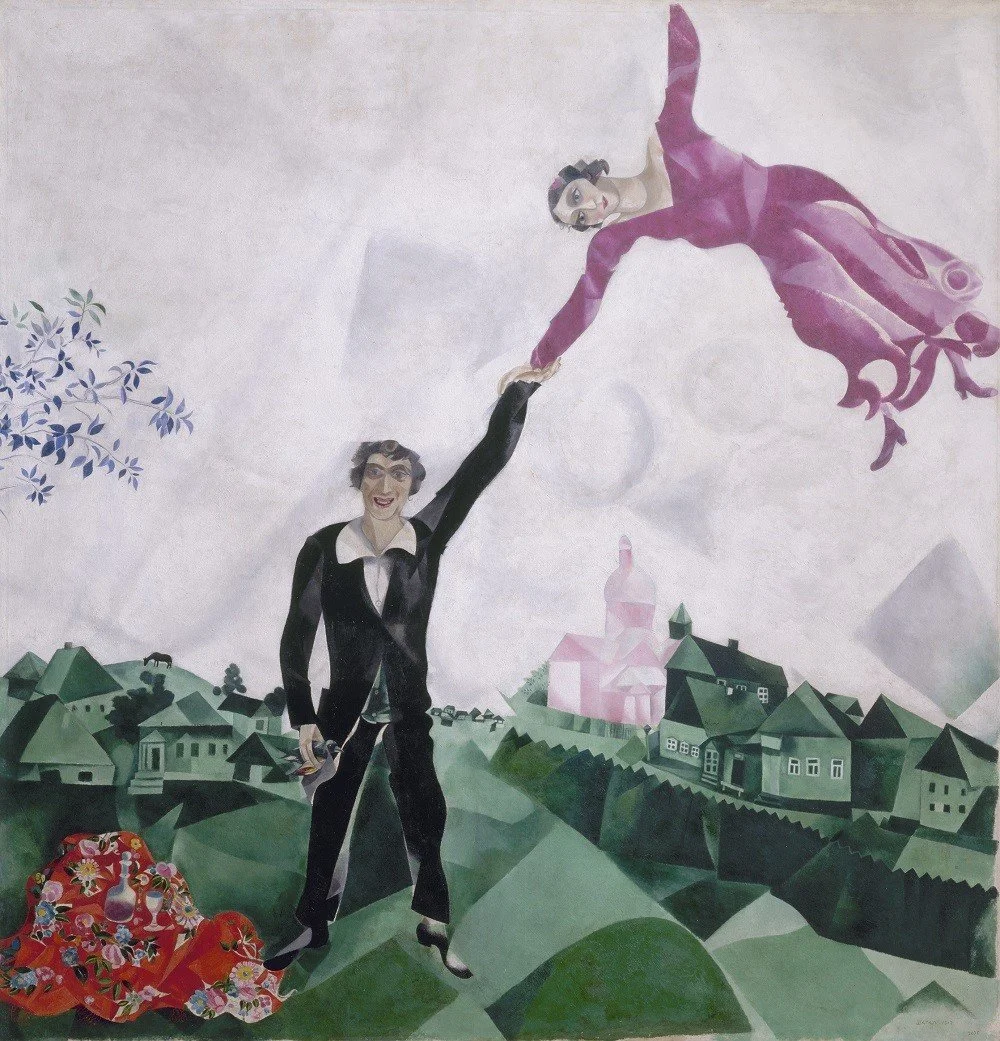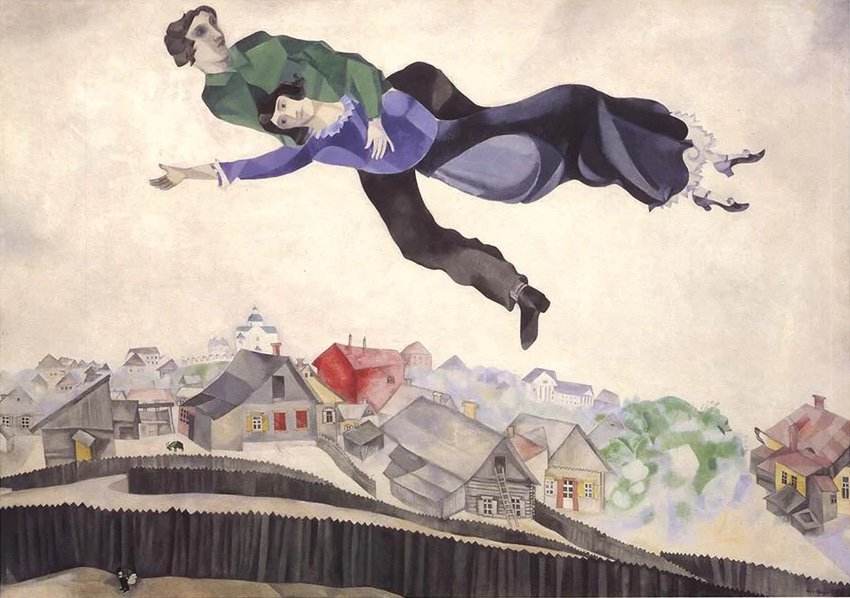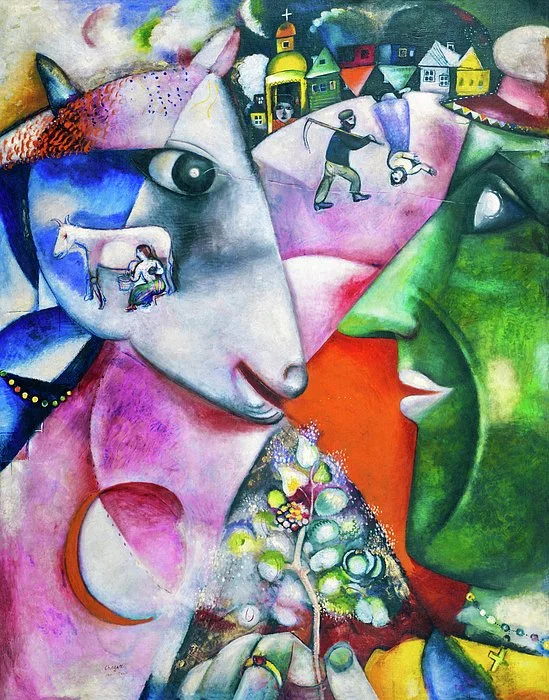UNCG Faculty Recital 2.10.26
Three Furies by James Grant
III. Relentless Throughout
Three Furies was commissioned by Mark Nelson, and composed in 1993. Each of the Three Furies is virtuosic in its own right, offering a multiplicity of distinct rhythms, melodic figures and articulations. Fury III is relentless and powerful, exploiting the full dynamic and articulative range of the tuba. Again, the performer is met with virtuoso demands not normally encountered in the tuba literature.
Caricatura by David Uber
David Uber was a prolific composer and trombonist who served as principal trombonist with the New York City Ballet Orchestra at Lincoln Center, the New York City Opera Orchestra, and the NBC Symphony Orchestra. He was an award-winning member of ASCAP and wrote commissioned works for such soloists as Harvey Phillips, Don Butterfield, Frank Meredith, John Swallow, Wayne Andre, Gerard Schwarz, and Lucas Spiros.
The manuscript for this piece was found in the estate of David Uber when he passed away in 2007. It was kept by the publisher Bryan Doughty, head of Cimarron Press and a close friend of Dr. Uber. In the summer of 2025 Bryan gifted me with the manuscript and asked if I would read it and potentially perform it. With the help of Erin Dees (UNCG M.M. ’26), who transcribed the handwritten score, we now have a readable version of this fun, energetic addition to the tuba repertoire.
Chagallian Scenes by Elizabeth Raum
Just as Chagall mixed landscapes, characters, and creatures into a surreal concoction in his paintings, Chagallian Scenes does so in music. So we might start with a march only to dissolve into a waltz with flashes of dissonance morphing into cacophony, or we might settle comfortably into a key when suddenly it veers into an unrelated other. The movements are named after the pictures that inspired them.
The first movement, Promenade, or Der Spaziergang, opens with cheery walking music appropriate for a man and his lovely lady out for a stroll. But the mood soon edges into whole tone surrealism reflecting that the pink frocked lady is floating, held down to earth only by the grasp of her companion.
The third movement, Au Dessus de la Ville (Over the town) has drifting rhythm, like the drifting figures over the town. The scene is dreamy and surrealistic with the music moving in and out of sync.
I And the Village, considered Chagall’s most famous painting, cuts from one scene to another as if remembering a lifetime. The man with the scythe trudges along throughout, listening to the sounds of the village: a goat bleating, a Klezmer violinist, the bells of the Russian Orthodox Church… it is a tapestry of joy and tragedy, hard labor and festive dance.
Lullaby and Dreams by Alejandro Rutty
In Lullaby and Dreams, for tuba and electric bass (or guitar), we follow a lullaby as it leads "someone" into the dream world. The piece then mirrors the episodic nature of a dream; never revealing where it leads or what it means, but it is vivid, heartfelt, even mysterious.
The task of "Sleep and dream music" is usually entrusted to musical boxes, glockenspiels, harps and other high-pitched soft, wavy instruments. At first sight, tuba and electric bass appear to be the opposite, and an unlikely pair for this task. Yet, in the lullaby we discover the tuba's lyrical sweetness and a dreamy resonance strangely hidden in the electric bass. Once we move into the dream stage, then everything is possible.
But who is the "someone" experiencing the song and the dreams? it is hard to say, but we all were babies once.
Matrescence Suite by Donia Jarrar
Composer’s Note (2024):
At the beginning of the genocide in Gaza, I experienced my second miscarriage. 440 days into the genocide, I am now nine months pregnant with my rainbow baby, my husband and I preparing for his arrival.
This suite is a love letter to my homeland and my people, inspired in large part by feminist Palestinian revolutionary, poet and author Fadwa Tuqan. The first movement is based on her poem “Hamza”. The second movement, an improvisational meditation on matrescence performed by me on a rainy day in my teaching studio. The third, from a poem I wrote some years ago calling for sovereignty and land back in a dreamscape Beyond the Vintage Skies, while in real time we continue to witness our mass ethnic cleansing and land grabs.
Poems and Excerpts
I. “The secrets of hills and wombs”/ھذه الأرض امرأة based on Fadwa Tuqan’s Hamza
At one point in the poem, the speaker is distressed about the fight against the Israeli occupation. To comfort the speaker, Hamza tells her:
'My sister, our land has a throbbing heart,
it doesn't cease to beat, and it endures
the unendurable. It keeps the secrets
of hills and wombs. This land sprouting
with spikes and palms is also the land
that gives birth to a freedom-fighter.
This land, my sister, is a woman.'
II. Mother and Rain/الأم والمطر
III. The Hands of My Homeland Await Your Touch/أحمل وطني في كف یدي
Beyond the vintage skies
Let us reclaim the sea
From the shadows of their lies
Trace our names into the sand
Pour the sun out into hands
Hands of my homeland
Await your touch
Palms facing upward
Towards the sky
Abiaka by Joy Zickau
Composer’s note: The Seminole Tribe of Florida have long called ourselves the “Unconquered People” as we are the only tribe to successfully resist U.S. military efforts to remove us from our lands during the Seminole Wars. This victory was in thanks largely to Abiaka, one of the most significant leaders of the Seminole War. A Miccosukee elder and spiritual shaman, his words inspired warriors such as Osceola, Tustenuggee, and Coacoochee to fight for the independence of the Seminole people. Without Abiaka’s determination and guidance, the Seminole tribe would not have survived or been able to preserve our culture so successfully.
I imagine the powerful first movement to be imitating the warriors rallied by Abiaka, while the second movement is a quiet reflection on the lives lost in battle. The final movement concludes with a triumphant ending to celebrate the victory that Abiaka and the remaining Seminoles secured against the American forces and settlers.


